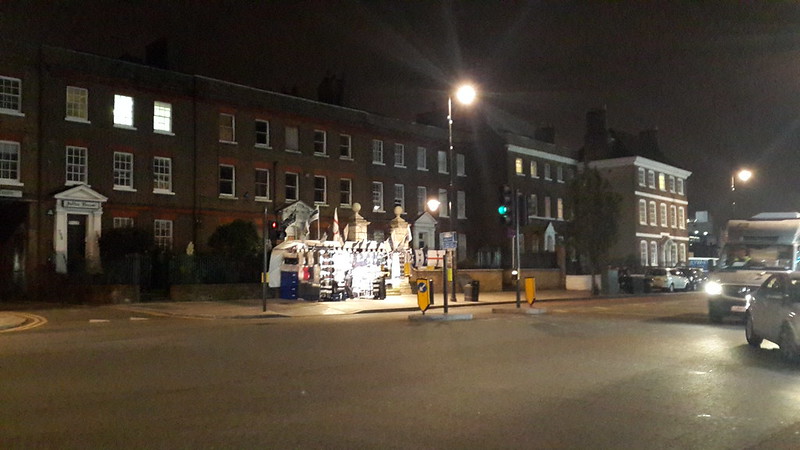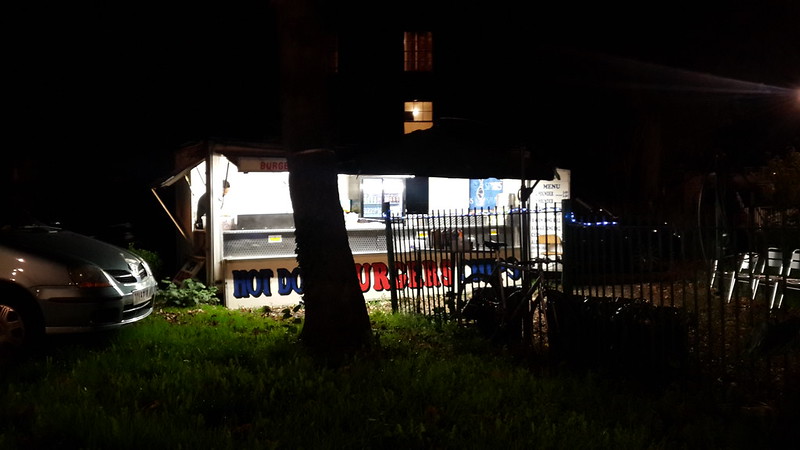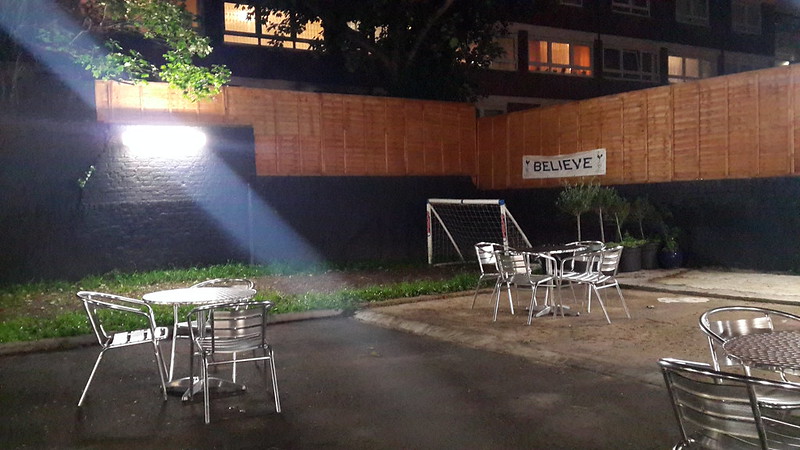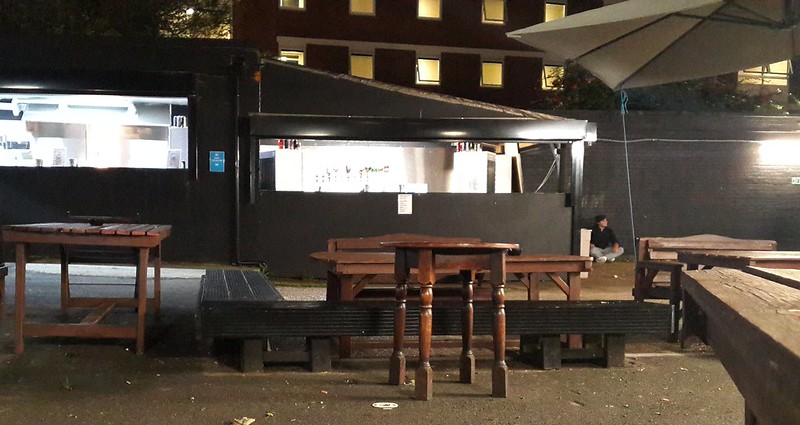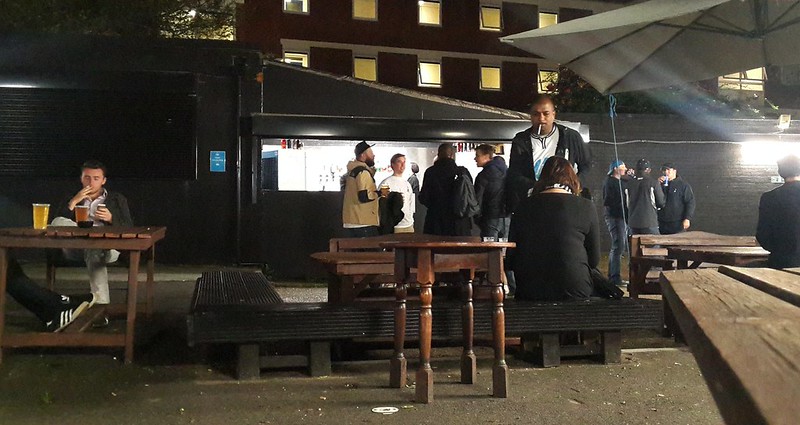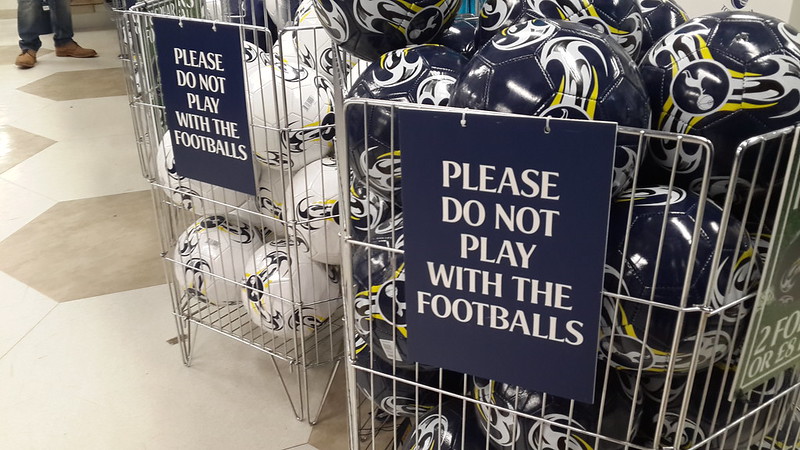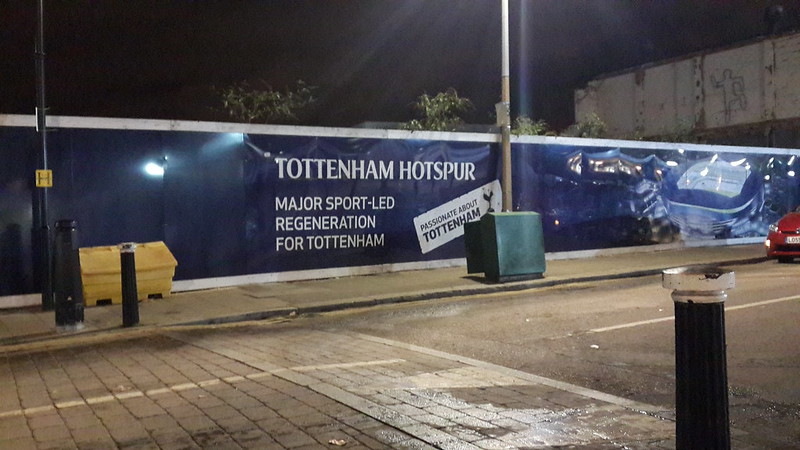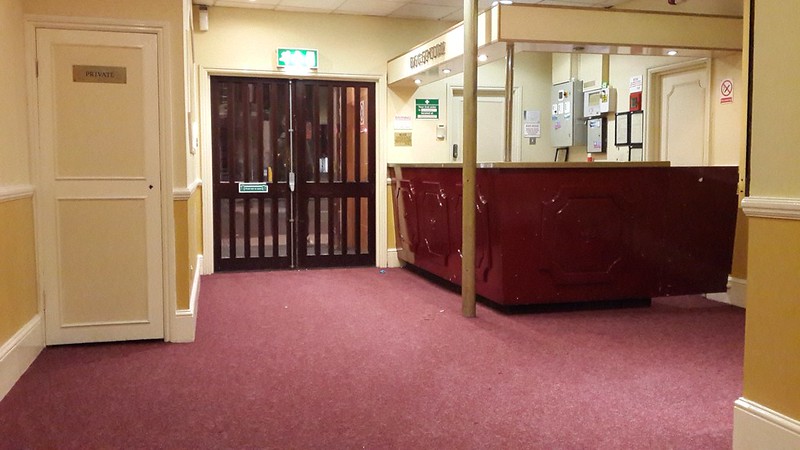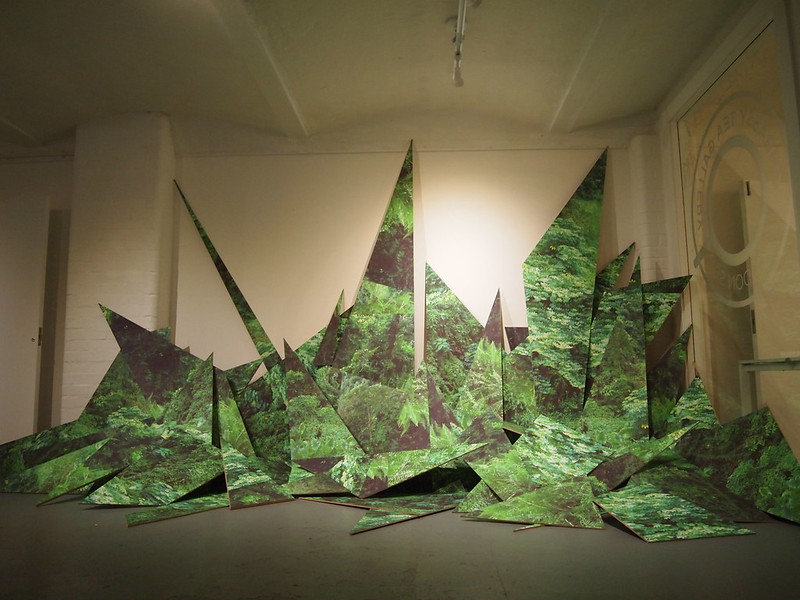
Awkward, big and odd-shaped, jutting into one another, cheaply printed into a temporary space. There are many words that you can use to describe what you see, but all of these words will be imprecise. You could say that the display seems to have shadows, lines, or that the images and colours seem somewhat ghostly, blurry, hazy, tinted, or faded. Wiggle the cable where it connects to the device. Check for any nearby magnetic or electrical devices in the vicinity, which might be producing unexpected electromagnetic interferences.
You may not have realised it yet, but the error does not lie with these delicately engineered and precisely calibrated devices that are reproducing these images and projecting them upon our retinas. The error is actually within us – the human audience trying to imperfectly comprehend what we see in a reproduction of an image. It is human instinct to want to see something recognisable in everything; to discern some meaning even within random matter, to see something recognisable within every picture, no matter how degraded the quality of the image is.
But what does ‘quality’ really mean? How does one begin to quantify the ‘quality’ of an image? How does it affect our appreciation of the image, or original subject of the image? And what does quality mean when we apply it to life itself? What do people mean when they speak of “quality of life”?
As Lefebvre writes, ‘the most important thing is to multiply the readings of the city’ and it is by observing the detritus of each individual fragment on its own that we may discover something important that we might otherwise not perceive. Here, fragments of Bukit Brown have been blown up and exploded into tiny, incoherent shards. What do you see in it?
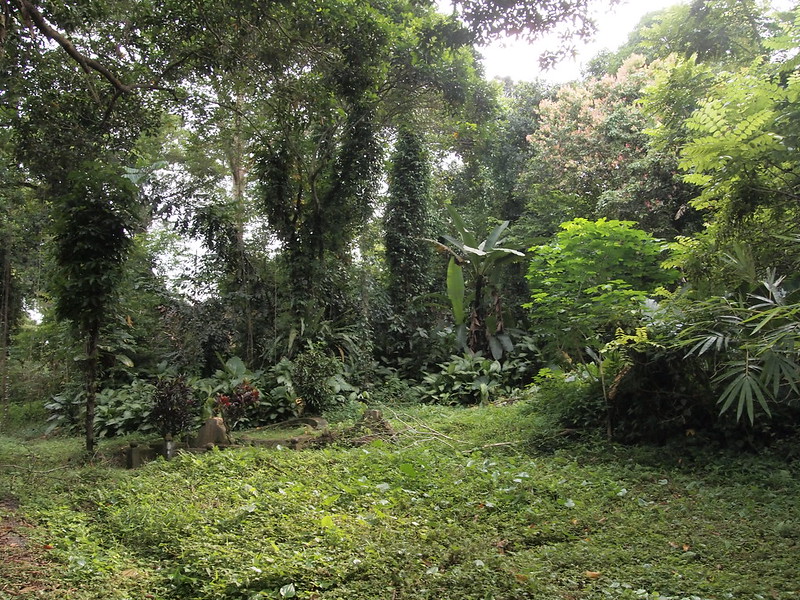
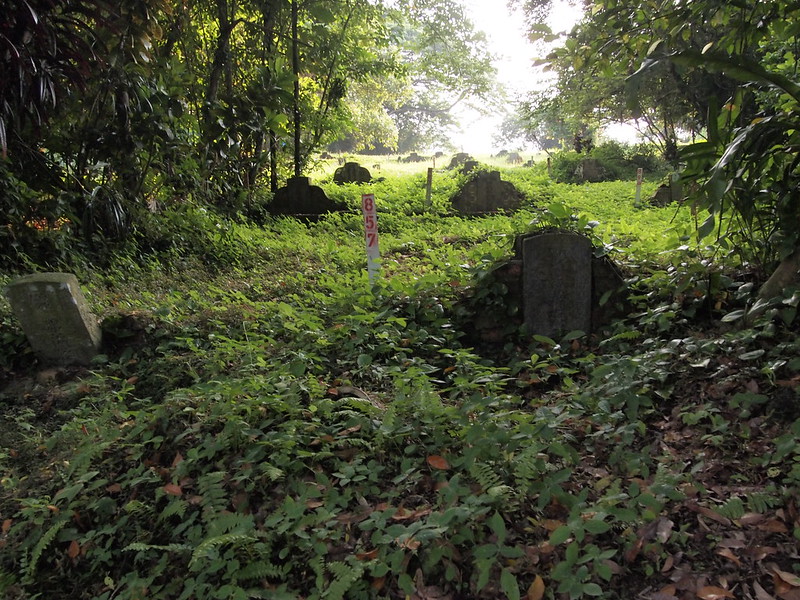



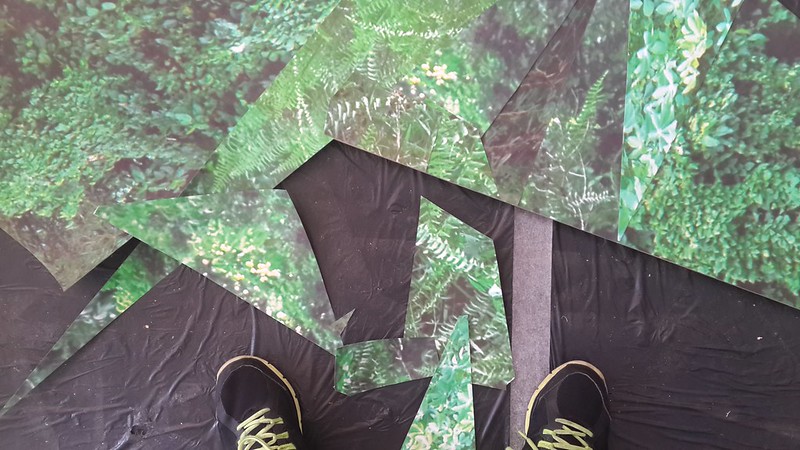
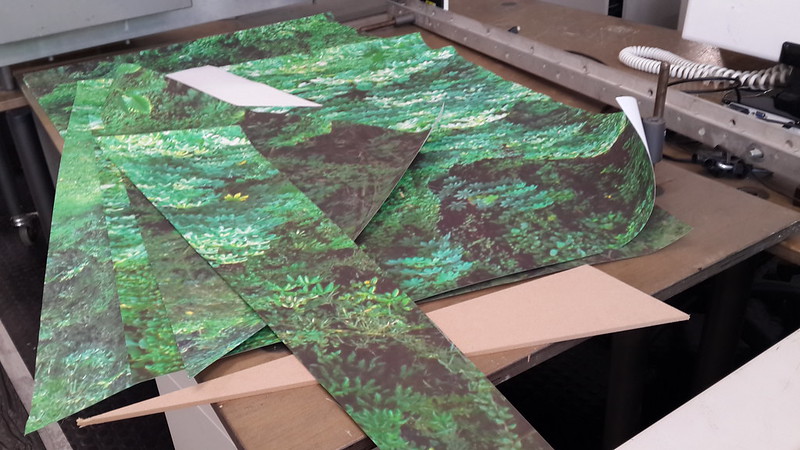
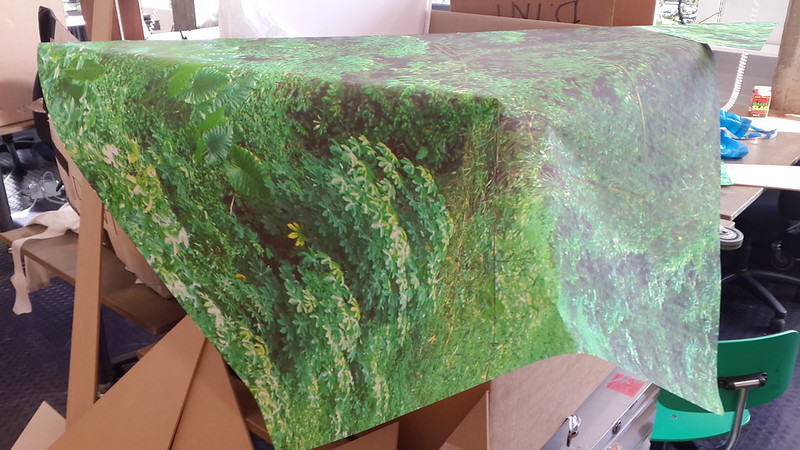
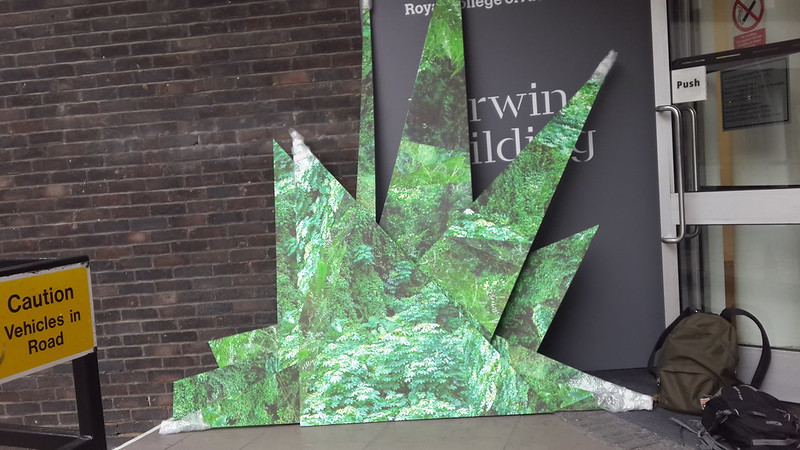
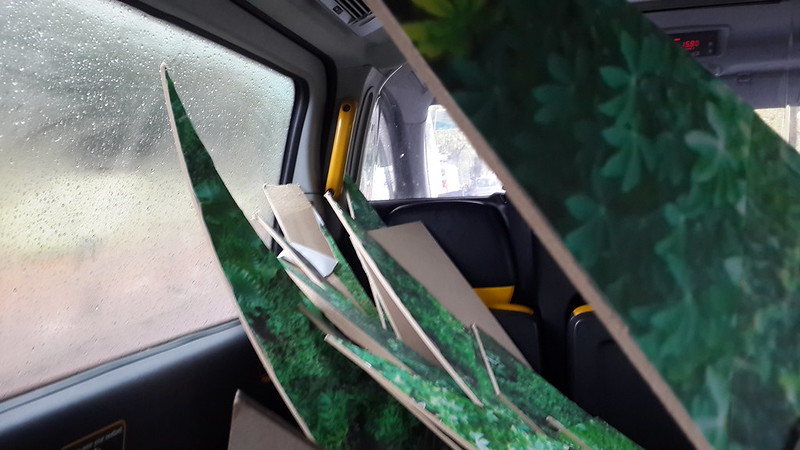
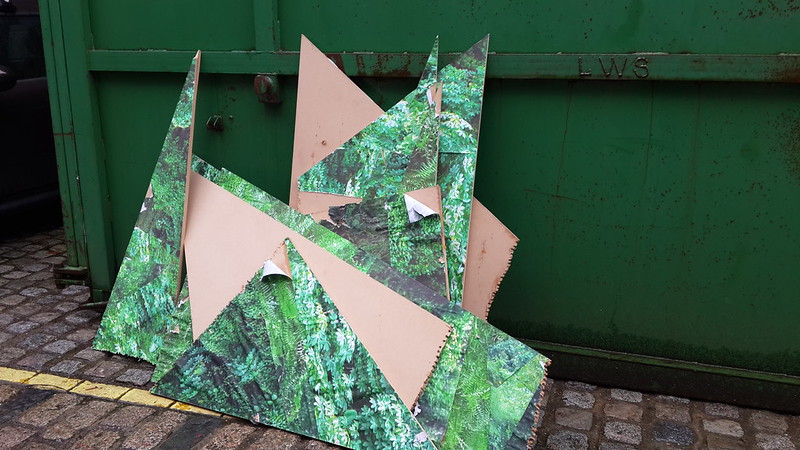
Glass Mirror was shown at "Hold Infinity in the Palm of Your Hand" curated by Annie Jael Kwan (part of SEA ArtsFest 2014) at Embassy Tea Gallery, London, from 7-12 October 2014. Thanks to Patrick Tantra, Philipp Aldrup, Annie Kwan, George South, and all who came down to see the show!

